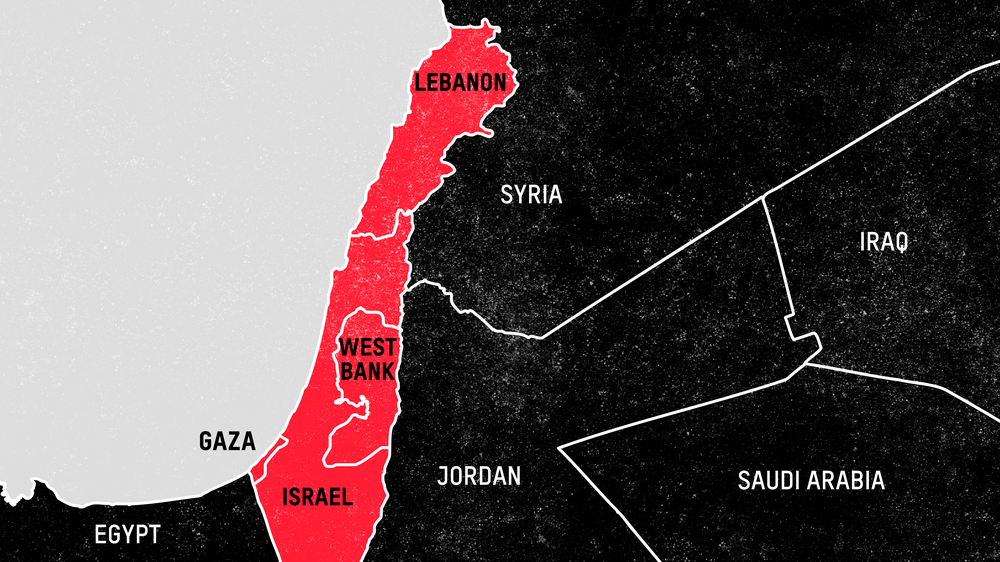What's happening in Lebanon?
Here's what's happening in Lebanon, and what you can do to help.
Latest updates from Lebanon
“This 60-day conditional pause in the hostilities will allow some of the 1.4 million people displaced by this brutal war to start returning to their homes, however hundreds of thousands of people have nowhere to return after Israel razed entire villages. A permanent agreement must be reached so that communities can begin to rebuild their lives.”
- Oxfam’s Lebanon Country Director Bachir Ayoub
What is the conflict in Lebanon about?
Image: Oxfam

A map of Lebanon, Gaza and the wider region.
“This conflict was predictable and avoidable. It is the result of the failure to achieve a ceasefire in Gaza. For decades, the people of Lebanon have endured one crisis after another without getting the opportunity to fully recover. This latest emergency will only deepen the existing challenges facing the people of Lebanon and further destabilize an already volatile region.”
- Oxfam’s Lebanon Country Director Bachir Ayoub
Voices from Lebanon
What is Oxfam doing to help the people of Lebanon?
🔴Our colleague in Beirut, Lebanon has provided this update. People are in dire need of essential services, you can help. Please give what you can now at https://t.co/4SnRRTHzc5 #Lebanon pic.twitter.com/vQxvWHDA5N
— Oxfam (@oxfamgb) September 28, 2024